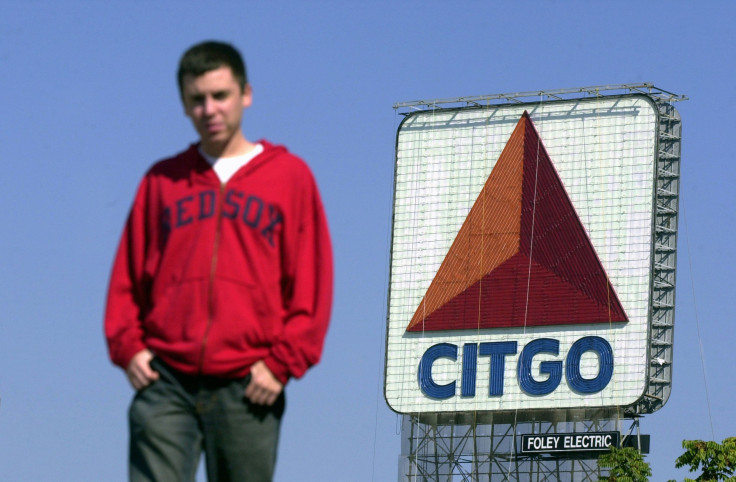Boston's Citgo Sign Saved? Red Sox Icon Could Become An Official Landmark

It's huge, it's historic and, if a group of petitioners get their way, it could soon be an official city landmark. It's Boston's Citgo sign.
The Massachusetts city's landmarks commission decided Tuesday to start the paperwork to formally protect the Citgo sign, a 3,600-square-foot advertisement from the 1960s installed near Fenway Park, the Boston Globe reported. If the sign becomes a landmark, as intended, anyone planning to alter or sell it or the building underneath it would first have to get approval from city officials.
Several locals have been pushing for the landmark designation recently in light of Boston University's announcement that it's selling the building on which the sign sits. WBUR reported that the university had spoken with potential buyers about keeping the sign, but some worried about the lack of a guarantee that the ad would stay up.
An online petition demanding the city protect the Citgo sign has garnered more than 5,000 signatures in three weeks. "The CITGO sign isn’t just an advertisement, it is a Boston landmark," the Change.org page reads. "For national audiences, it says 'Boston' just as much as Old North Church and the Swan Boats."
The current version of the Citgo sign has been in place since 1965, according to the Associated Press. The company tried to take it down in 1982, but fans of the ad — already an unofficial landmark for Red Sox fans and Boston Marathon runners — intervened. The icon was saved, but it was not landmarked.
“It’s become part of the language of the city,” local architecture professor Arthur Krim told the New York Times. “Which I think everyone is quite surprised by.”
This time around, the process of obtaining landmark status will start with a research project expected to last up to six months, according to the Globe. Then the commission, the public, the mayor and the City Council will approve or reject the proposal, which critics have decried in part because Citgo is owned by a Venezuelan company.
Petitioners, protesters and Sox fans alike aired their opinions on social media:
If you're fighting to save the Citgo sign in Boston then you don't have a lot to fight for
— Dave McDonough (@DavidLMcDonough) June 30, 2016
Three really tall buildings and a huge citgo sign. That's how I like my cities ❤️
— Diana (@DianaLauraM) June 30, 2016
If they don't make the Citgo sign a recognized landmark, then Paul Revere's ride was for nothing....
— Kevin Wiles, Jr (@kwilesjrphoto) June 29, 2016
#Boston's famous Citgo Sign near @MBTA Kenmore Station! #OnlyInBoston pic.twitter.com/iIq8FQRUAR
— Kenny Uong (@_KennyUong_) July 13, 2016
© Copyright IBTimes 2025. All rights reserved.






















